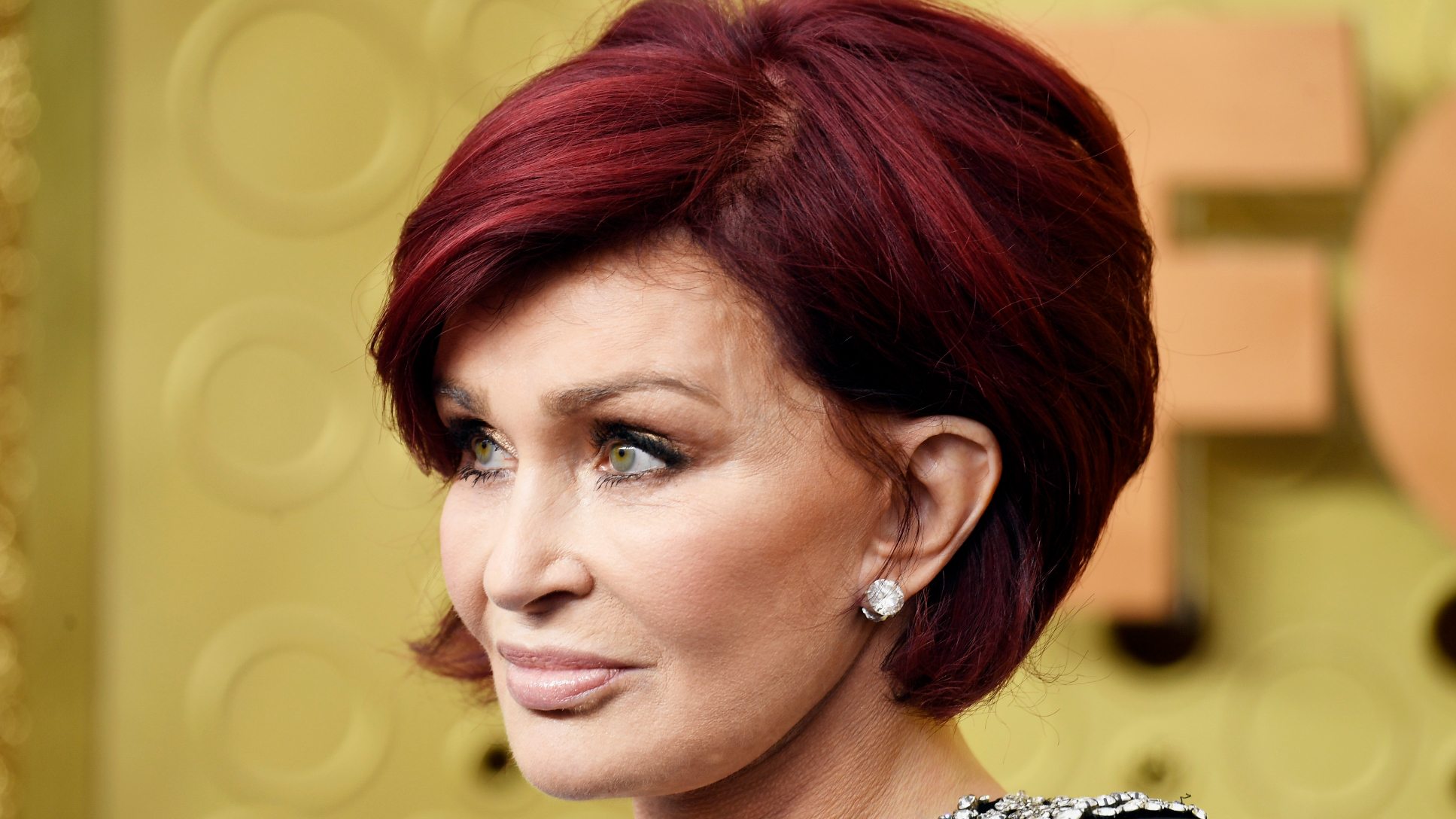
We’re just a month away now from Back To The Beginning, the final Black Sabbath performance and the woman who conceptualised the whole thing – Sharon Osbourne, of course – has given a fascinating interview to Music Business UK.
It touches all aspects of her managerial career, from learning what (and what not to do) from her father, Don Arden, to starting out managing Gary Moore before she guided Ozzy through to a successful solo career.
She also dishes out some sage wisdom gleaned from her five decades in the music business. “Never let your publishing go,” she says. “Until you get to the stage where you think you want to bail, and then you sell it all for a fortune.
"You look at where your songs could end up; you could get a couple of million each time your song is used in an advertisement.
“Other people could cover your song and have a hit with a song that wasn’t a hit for you. It’s something which, now, I know a lot of artists, they go in, and they want deals, (and the) record companies want their publishing. It’s like, ‘Fuck you, no way.’”
Osbourne also doesn’t think much of the long term development of artists in the modern music industry: “There is no development currently at record labels. They take everything. Record labels developing (artists) doesn’t exist. A&R departments just go on the internet. That’s it. They’ll take your publishing, your merchandise and everything else, and all they do is press and distribute and stream you.
“Most of the record companies own the streaming anyway and all of this about, ‘Oh, I’ve got a billion streams, it’s amazing.’ Well, you’re getting less than a fucking penny for a stream. It’s absolutely bastardising an artist’s music.”
She also revealed that the creation of Ozzfest – a huge festival success of the 1990s/2000s - was a direct result of her husband getting turned down by Lollapalooza.
“They were like, ‘No, not at all. Not for us.’ It gave me the idea of, ‘Fuck it (then) we’ll do our own metal festival’, because it didn’t exist. There were no touring metal festivals. It was the beginning; all the rest followed. And I’m so proud of that.
"We did it first, and it was an opportunity for so many younger bands to play in front of a huge crowd.”
There’s much more, of course. Click here to read the whole interview.







